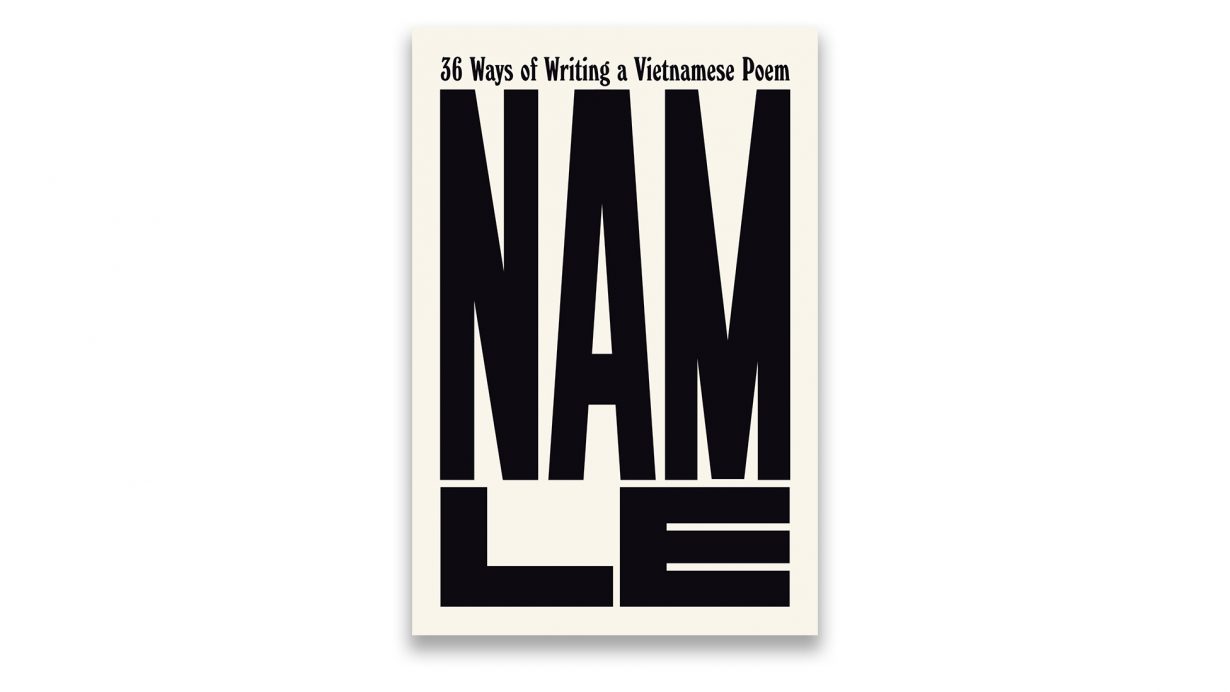36 Ways of Writing a Vietnamese Poem by Nam Le is a rallying call for freedom – from representation, history and language

‘Whatever I write is / Vietnamese. I can never not – / You won’t let me not –’, writes Nam Le early on in this collection of poems. From then on in it’s not clear who’s projecting identity. The writer or the reader. And it makes for uncomfortable reading. Melbourne-based Le came to Australia from Vietnam as a boat refugee when he was less than a year old: ‘picked on, picked last, left out / looked through looked at, looked at too long / called a slant or chink or nip or ching chong’. It’s been 16 years since his award-winning debut collection of short stories The Boat hit the shelves. This, his subsequent book, has had time to brew.
This collection is driven by rage and violence. Anger against the violence of the English language with its rules that, in effect, force users to make categorisations. ‘“Which is the subject, which object?”/ Whose tongue? How many? What gender or case?… But Vietnamese answers: “I am all these things. / Or any.”’ And so this collection is peppered by references to literary and political figures from both East and West; by bits of Latin and bits of Vietnamese. Just as much as the rage is punctuated by bursts of humour: ‘So You don’t know Vietnamese. / Did Pound know Chinese? Did Rexroth? Snyder? / Fenollosa? (Do I either? Ha ha!)’; Poem 26 ‘Erasive’, subtitled ‘Erasure rhymes with Asia’ (each poem has a theme), is greyed- and blacked-out so that the unmarked letters spell ‘No archive is safe but is this all there is to it’ (each poem also takes a different form).
While the title of this collection may suggest otherwise, the freedom Le is driving towards is a freedom from representation. ‘What’s Vietnamese in me / Could fit in a poem’ he writes. To escape being categorised for how they look, to escape the constraints of their body as much as the constraints of language. To be their own person; to express their own truth (without renouncing their ancestry or history – the violence of war, for example, haunts this collection). And for anyone who has felt lost in the sea of identity, ‘never fully anything’ as Le puts it, this extraordinary collection points a way to how you might feel found.
36 Ways of Writing a Vietnamese Poem by Nam Le. Canongate, £12.99 (hardcover)